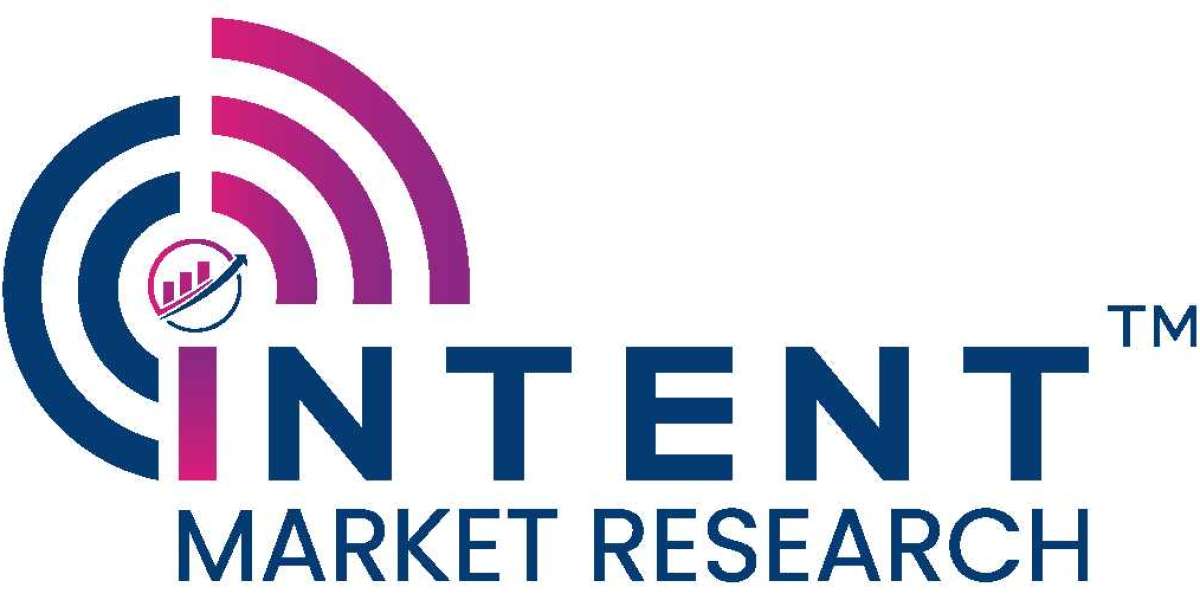The Surveying and Mapping Market was valued at USD 32.5 billion in 2023-e and will surpass USD 48.1 billion by 2030; growing at a CAGR of 5.6% during 2024 - 2030. The market is driven by growing infrastructure investments globally and increasing adoption of commercial UAVs for surveying and mapping. Technological advances in surveying and monitoring equipment are also driving market growth.
Understanding Surveying and Mapping
At its core, surveying is the science of determining the terrestrial or three-dimensional positions of points and the distances and angles between them. Mapping, on the other hand, involves the creation of representations of these points, often resulting in maps or 3D models of geographical areas. Together, these disciplines help in the planning and execution of nearly every form of construction and land development.
Get a Sample Report: https://bit.ly/3UKhm6I
Key Market Drivers
- Technological Advancements:
Innovations such as 3D laser scanning, UAVs (Unmanned Aerial Vehicles), and enhanced GPS systems have dramatically increased the accuracy and efficiency of surveying and mapping processes. These technologies not only speed up data collection but also improve the safety of surveyors by enabling remote surveying of inaccessible or hazardous areas.
- Increased Construction and Infrastructure Projects:
As urban areas expand globally, there is a growing need for surveying and mapping to support infrastructure development. This includes everything from road and railway construction to utility installations and residential planning.
- Environmental and Land Management Concerns:
With increased focus on sustainable development, there is a significant demand for detailed environmental assessments, land degradation studies, and disaster management plans. Surveying and mapping provide critical data that supports these efforts.
- Government Initiatives and Regulatory Requirements:
Many governments have initiated geospatial policies and programs that mandate the use of advanced surveying and mapping technologies. Compliance with these regulations is another key driver of market growth.
Market Trends to Watch
- Integration of AI and Machine Learning:
Artificial intelligence is playing a crucial role in automating data processing in surveying and mapping, enabling quicker decision-making and predictive analytics. AI can automatically analyze images and patterns to identify changes over time, aiding in everything from urban development to environmental monitoring.
- Adoption of Cloud Computing:
Cloud-based GIS (Geographic Information Systems) platforms are becoming more prevalent, allowing for the storage, analysis, and sharing of mapping data on unprecedented scales. This facilitates more collaborative and up-to-date mapping efforts across industries.
- Focus on Indoor Mapping:
As GPS technology does not work effectively indoors, there is a growing interest in developing systems for indoor mapping and navigation. Technologies like LiDAR (Light Detection and Ranging) and photogrammetry are increasingly being utilized in complex indoor environments, such as large commercial buildings, hospitals, and airports.
Challenges Facing the Industry
Despite its rapid growth, the surveying and mapping market faces several challenges. These include the high cost of advanced surveying equipment, the need for skilled professionals who can manage new technologies, and concerns regarding data privacy and security, especially with the rise in data breaches and cyber threats.
Get an insights of Customization: https://bit.ly/3WvCrTO
Future Outlook
Looking ahead, the surveying and mapping market is poised for continued growth. As global populations continue to grow and urbanize, the demands on infrastructure, resource management, and environmental planning will only increase, driving further need for detailed and accurate geographic data.
Moreover, with emerging markets increasingly participating in these developments, opportunities in regions such as Asia-Pacific and Africa are expected to expand. Innovations will likely continue at a brisk pace, making the surveying and mapping market a critical and dynamic component of the global economy.



